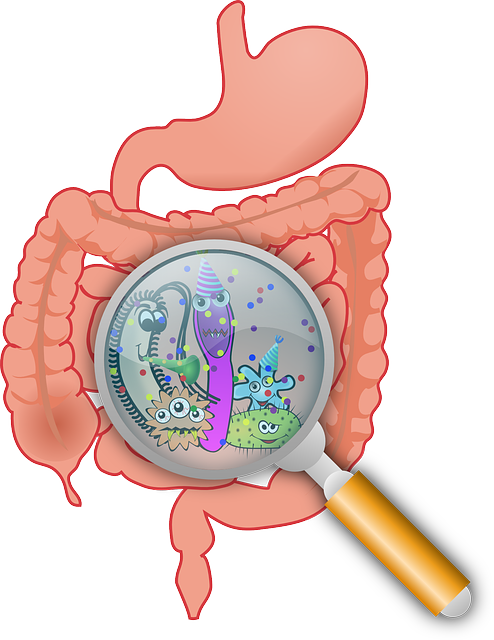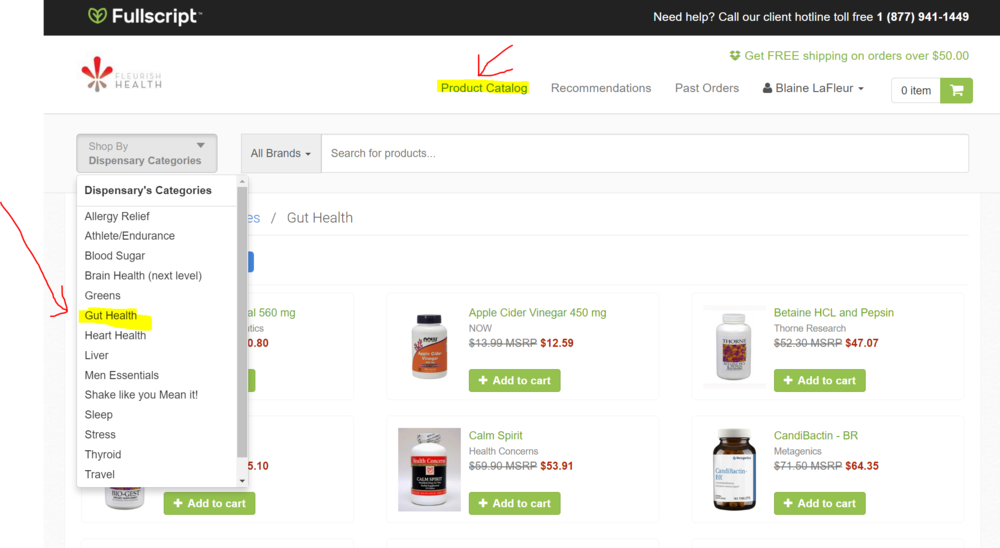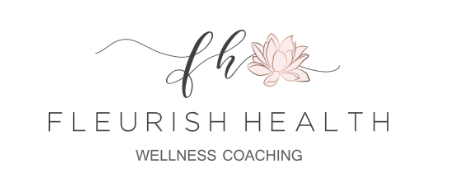
One of the more important aspects of health, that we read and hear so much about but often overlook, is our digestive health. We feel as though that if we put something in our mouth, chew it up, and swallow it that we are good to go. But despite how much we want to believe that our digestion is so simplistic, more often than not, it is much more complicated than that. Summing up the plethora of science and physiological minutia as best as one can: big food must be broken down into smaller, more accessible food particles. If the bigger particles of food don’t get broken down like they should, guess what, you can’t use them. Imagining that we are what we eat is cool and all the rage these days, but I’ll say it again: you are what you are able to digest, absorb, and re-assimilate.
For the purposes of just this newsletter, we will focus on primarily ensuring that we are breaking down our food properly. We will save the integrity of the gut lining and the gut microbiome (healthy bacteria) for future posts.
So, what are the biggies in regards to digestion? Well, one of the main issues that arises in our lovely, western population is that of too little stomach acid. Utter a single word about heartburn to your physician and brace yourself for an antacid prescription. Ironically, heartburn is often caused by too little stomach acid, not too much.
What’s that? Your doctor wouldn’t give you a prescription that would actually exacerbate the problem and not help it in the long run?! Shocker, I know, right?
But, stomach acid is just the beginning. The stomach’s job is to churn and coat your food into smaller and more refined particles so that the real workhorses can do their job: digestive enzymes. Remember when I mentioned taking big food and making small particles? Well, that’s the process that digestive enzymes speed up. There are several different enzymes, and they all have their specific role in digestion. Protein, fats, and carbohydrates all have specific enzymes that aid in cleaving and cropping them so that they can enter the blood stream and be used to repair and fuel the body. And as you age, you produce less and less of each particular enzyme. The one that most people experience the repercussions of is that of lack of protease. Protease, which I am sure those of you skilled in the art of deductive reasoning have assumed, is responsible for digesting protein. And protein, which most of you know, is pretty darn important when it comes to recovering from exercise and decreasing the body’s fat stores. But, who wants to eat more protein if it makes them feel like crap all of time?
So, what can you do to improve your own digestion capabilities and how do you know which to try, first? Well there are a few different scenarios below that could be of assistance and you may find yourself in a few of them at one point or another during the week:
- Stop drinking so much water at meal times. You want your stomach acid as concentrated as possible when you are preparing to eat. If you find that certain meals cause a bit of indigestion, try not drinking so much with that meal. Although 20 oz of water can be problematic, a few sips of wine are probably fine, and may even be helpful depending on the meal.

Whoa, ya buncha hyenas. I said “sips”.
- Chew your food down as much as possible. I get it. We live in the 21stcentury and are trying to make a living and conquer the world, but chewing your food twice then swallowing a mass of poorly masticated food is just making it that much harder for your digestive tract to absorb what it needs. The more you chew your food, the more surface area you create for the enzymes and acid to do their job. This is an easy one…. No excuses.
- Taking TUMS and Rolaids may help immediately, but you aren’t helping yourself nor taking into account the big picture. Ask yourself what foods are causing these issues and put on your detective hat and figure out you need to do to mitigate them.
- Apple cider vinegar, fresh squeezed lemon juice, raw (unpasteurized) sauerkraut and pickles are other time-tested, traditional remedies that often relieve the symptoms of heartburn and GERD. Containing both acidic and fermented properties, these foods really help establish a healthy internal digestive environment.
- Although the remedies above assist to relieve symptoms, nutrient absorption still may need some assistance. This may be important for those who have been taking acid suppressing drugs for a long period of time. This is where taking a digestive enzyme that contains Betaine HCL can come in pretty handy. Going out to eat or eating a larger meal with friends and family can call for necessary back up in the digestive area. You might be surprised how well you feel after consuming a large meal in which you took the enzymes, prior.
- Finally, for those who have been taking PPI (proton pump inhibitors) {or prescription antacids} it may be necessary to replace the nutrients that are not absorbed without sufficient stomach acid. These include B12, folic acid, and zinc. It’s best to get your levels tested at least a couple times per year, to ensure that you are actually absorbing the nutrients and supplements you are taking.
Just because you don't suffer from debilitating heartburn or uncontrollable diarrhea doesn't mean you have optimal digestion or that you are reaping the greatest return on your nutritional investment. Organic food, acid blockers, and Imodium AD aren't exactly the cheapest. Make a smart decision. Ask how we can help.
For a list of our recommended products check out our Fleurish "Gut Health" Catalog here. (See image below for instructions on how to locate.)


"Everyone needs someone to help them do what they ought to do. Your journey awaits....."
-Tyler LaFleur RN, CEP, CFMP

